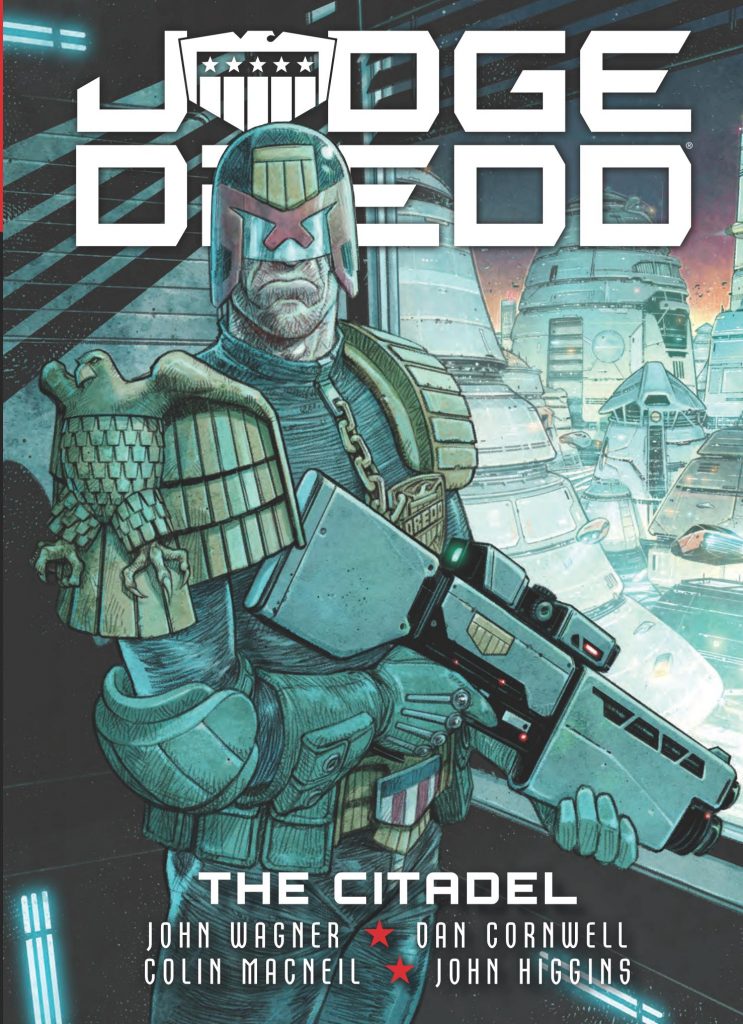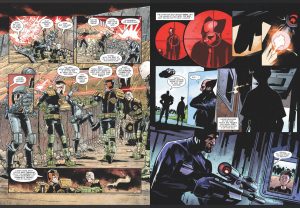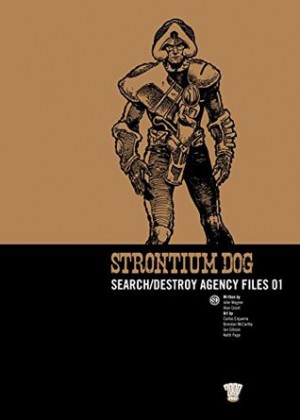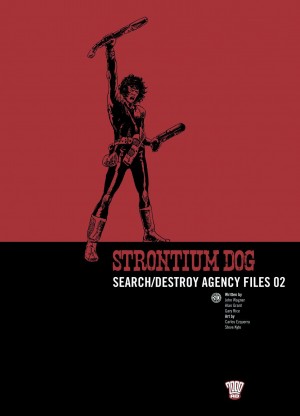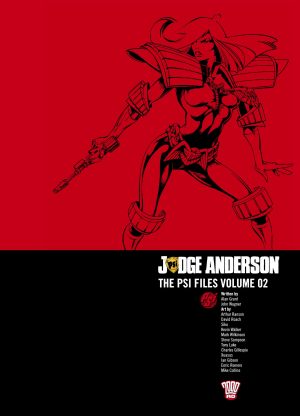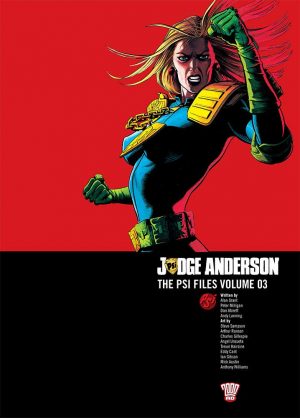Review by Frank Plowright
In The Citadel John Wagner heads back to one of his most fondly remembered Judge Dredd stories to put an alternative spin on some events from the Apocalypse War.
A prisoner is due for execution, having been kept in solitary and unable to communicate for years. During an emergency he’s able to talk again and claims he’s being kept quiet because he knows the truth about Dredd, and proceeds to spin a yarn. Much of the story occurs during the Apocalypse War, as with Mega City One under attack Dredd leads a mission accompanied by a small party of trainee judges, Block Defence personnel and ordinary citizens. Eventually they reach the Citadel, occupied by Sov forces, where winning the day will be an astounding, against the odds victory.
Apart from being Judge Dredd’s creator and therefore having a moral imperative, there’s a reason John Wagner is still writing Dredd all these decades later. Quite simply there’s no-one who regularly matches his standards. ‘The Citadel’ begins as a stirring war story that could easily have been a detour during The Apocalypse War, had that not all been drawn by Carlos Ezquerra. There are aspects of Dan Cornwell’s art that have echoes of Ezquerra, but he’s far more detailed and doesn’t quite have Ezquerra’s action dynamism. On the other hand, as Cornwell he’s just fine. Wagner keeps us guessing as to what the problem is, then keeps a mystery slightly open. Readers are led to believe one version, but the other could be true. It’s a really good Dredd story, and only occupying half the collection, it’s not dragged on too long.
Colin MacNeil draws ‘Removal Man’ very nicely. It’s one of those stories where at first Dredd is almost incidental as Wagner lets us into the thoughts of an efficient hitman. It’s clever, escalating beautifully and showcasing Dredd’s relentless nature, along with the fatal flaw of the hitman being unable to leave anything to chance or any loose end dangling.
‘Now That’s What I Call Justice’ is deceptive. At first it seems Wagner is using up a few concepts he decided weren’t strong enough for a full Dredd story, but it opens out into a well-plotted consideration of who’s keeping tabs on the Judges. John Higgins impresses on the different moods required to make the story succeed. It’s a little too erratically mixed overall, but the links are smart, and as is so often the case with Wagner, it introduces eccentric characters ripe for a possible return.
The title story is the best, keeping the action and tension high, but both back-ups also hit the spot.
